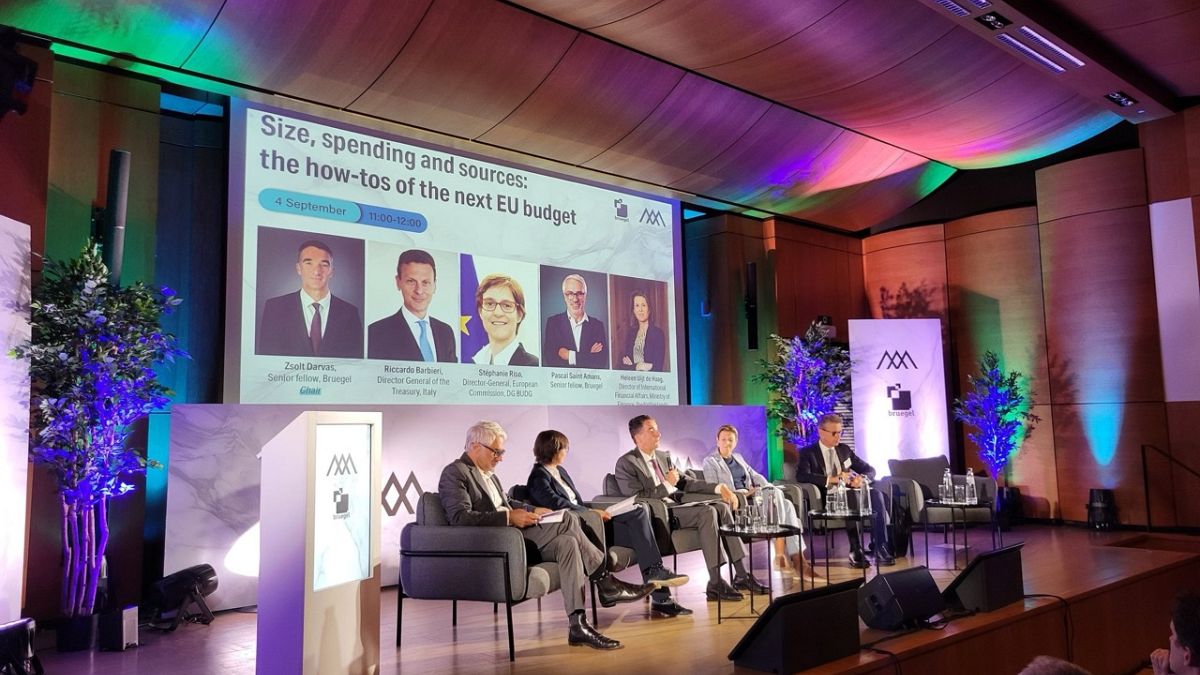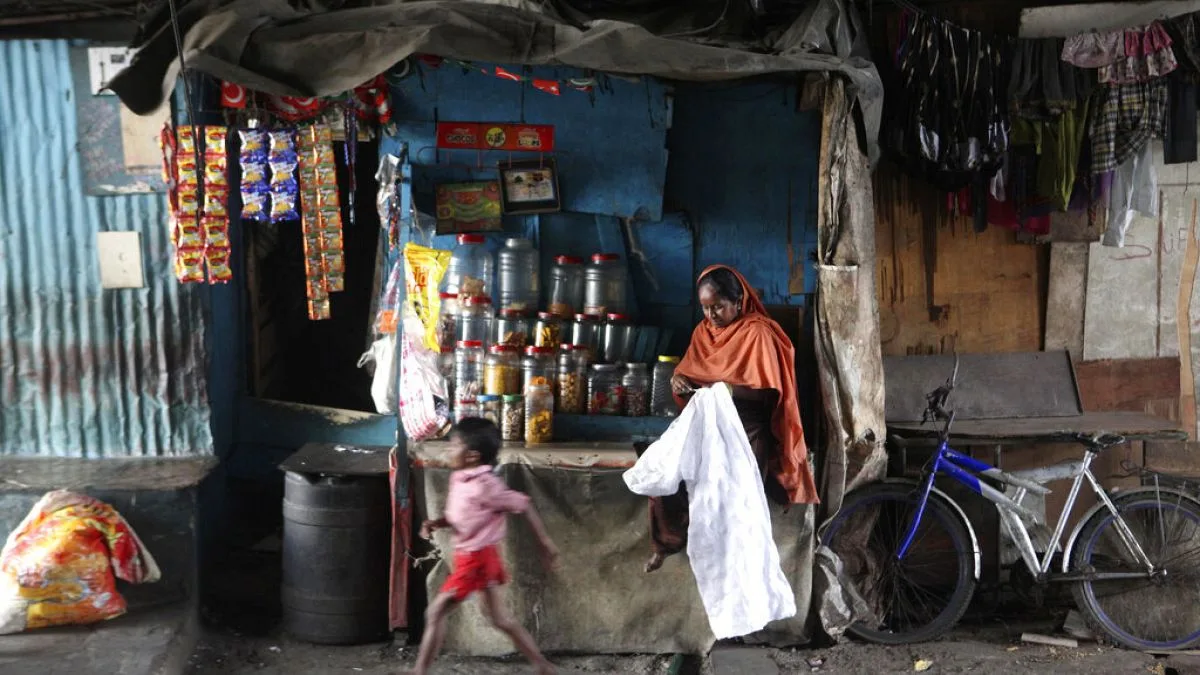How should the European Union finance its upcoming budget? What will its size be, and what areas should it prioritize for spending? A policy discussion organized by the influential Brussels-based think tank Bruegel has provided some insights on these pressing questions.
With negotiations for the next EU budget set for 2025, the EU has a chance to create a budget that is more flexible, rapid, effective, and policy-oriented, according to the EU executive’s director-general for the budget, Stéphanie Riso, who spoke in Brussels on September 4.
“The EU budget has played a vital role in our response to the crises we’ve faced lately, and this is a significant change,” Riso stated. She emphasized that the upcoming budget should concentrate on fulfilling policy priorities rather than simply following a program-based approach.
Currently, the EU’s €1.2 trillion budget accounts for 1% of the bloc’s GDP (excluding post-pandemic recovery funds), mainly funneling resources into the Common Agricultural Policy and cohesion policies.
“The next EU budget needs to prioritize areas where we can add value and create positive externalities. When we invest in one part of the EU, it should benefit the entire European community,” Riso elaborated during an event hosted by the esteemed think tank Bruegel .
Riso believes the EU budget has become overly complex, and there is an urgent need to simplify, expedite, and enhance its effectiveness to tackle future challenges efficiently.
While discussions for the next Multiannual Financial Framework—covering the seven-year spending plan—are not scheduled to begin until summer 2025, think tanks like Bruegel are already proposing reforms, especially to the two largest categories of EU expenditures: agriculture and cohesion .
“Certain aspects of these two major budget items do not align with the evolving goals of the EU,” the think tank noted in a memorandum released today. It highlighted that several current priorities, such as single market initiatives, security and defense measures, and border control, are underrepresented.
The analysts at Bruegel suggest that reform should start with the primary spending areas before attempting to increase the overall budget size—ideally aiming to double it from 1% to 2% of the bloc’s GDP, a goal they see as politically ambitious but necessary.
Additionally, the Bruegel analysts propose transitioning to a system where budget approval depends on a qualified majority vote instead of requiring unanimous consent.
Exploring Temporary Resources for Exceptional Situations
“Utilizing borrowing as a financing source for emergency measures, similar to the Next Generation Fund (NGEU), is an ideal solution within legal bounds,” say the analysts. They also advocate for a temporary, debt-financed EU tool aimed at enhancing defense capabilities to address the EU’s significant investment shortfalls in the defense sector.
However, many nations, including Germany and the Netherlands, remain opposed to the concept of joint borrowing. Achieving a consensus on new revenue sources acceptable to all member states will be pivotal in the upcoming discussions.
The think tank has suggested several potential revenue sources, including a carbon emissions tax or EU-level corporate taxation.
As a final thought, Bruegel’s non-resident fellow Pascal Saint-Amans proposed, “There’s considerable wealth concentrated in a few hands. Why not consider implementing a global EU tax targeting the wealthiest individuals?”
Photo credit & article inspired by: Euronews



